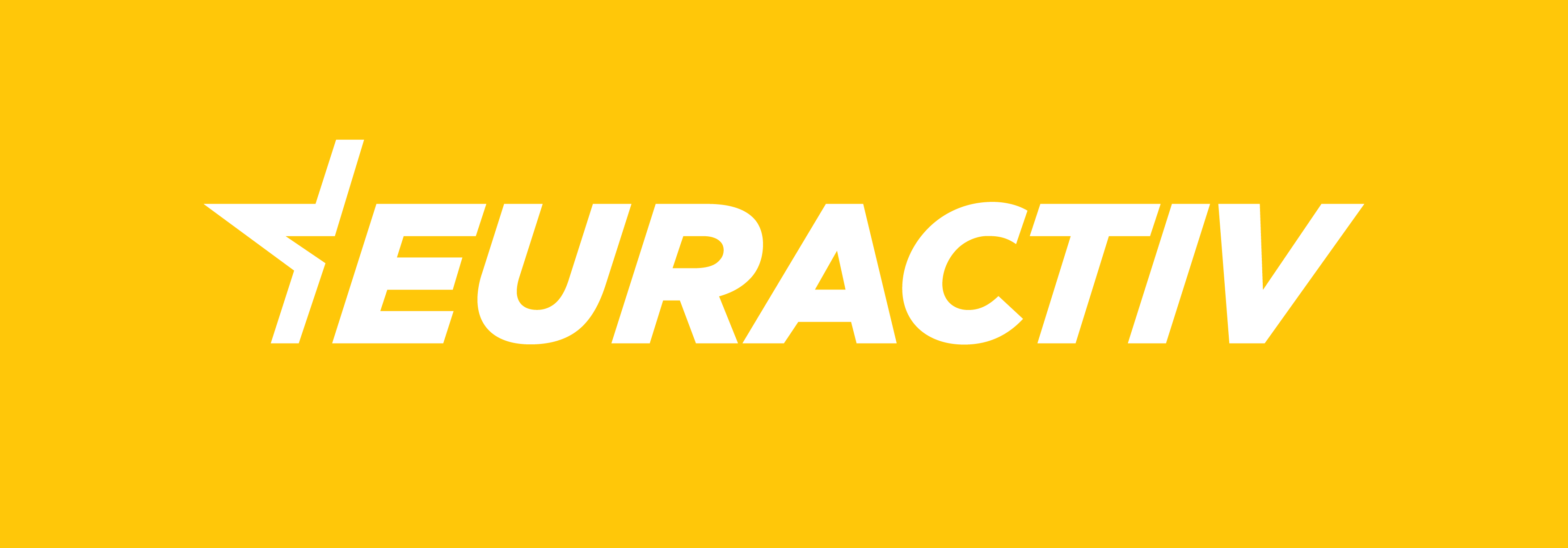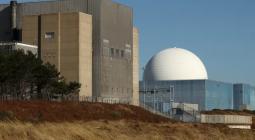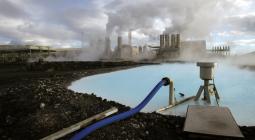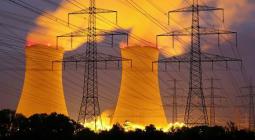Seven countries reject nuclear-derived hydrogen from EU renewables law
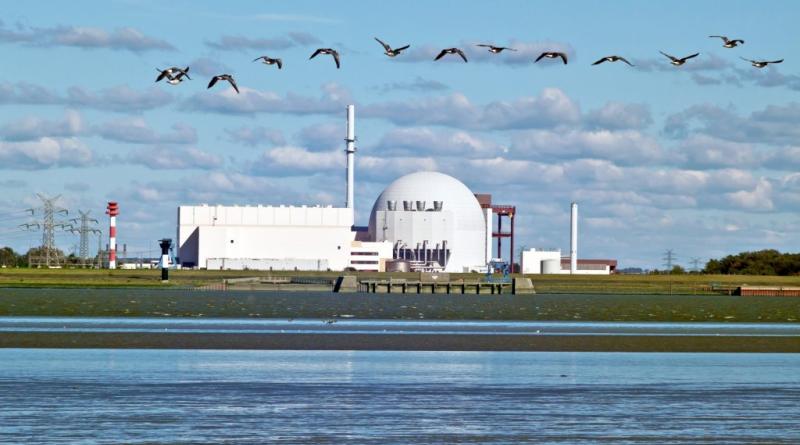
A group of seven EU countries led by Germany have rejected calls to incorporate nuclear-made hydrogen into the bloc’s green transport targets, reigniting a dispute with France that has held back an agreement on the bloc’s renewable energy directive.
In a letter to the European Commission, the seven countries reiterate their opposition to including nuclear power in calculating green transport fuel targets.
“We share the view that the production and use of low-carbon hydrogen and low-carbon fuels should not be incentivised through a directive on the promotion of renewable energy,” says the letter, dated 16 March and signed by Austria, Denmark, Germany, Ireland, Luxembourg, Portugal, and Spain.
France and eight other EU countries have called for exempting nuclear-derived fuels from green transport targets in the renewables directive. In practice, this would be done by withdrawing those from the denominator used to calculate binding targets for green transport fuels.
Paris says the move is not intended to limit the potential of renewable hydrogen but to ensure that electrolysers installed in Europe can work at maximum capacity by drawing on both renewable and nuclear electricity sources.
This pro-nuclear coalition includes Bulgaria, Croatia, Czechia, France, Hungary, Poland, Romania, Slovakia, and Slovenia.
But the seven EU countries disagree, saying low-carbon fuels should be left out of the renewable energy directive, “especially by accounting them towards the overall 2030 or any sectoral renewable energy targets or deducting them from the denominator”.
They also express their “clear opposition to the link between low-carbon fuels and [renewable energy] targets under Article 8a of the Gas Directive,” supported by France and the other pro-nuclear countries.
“Counting low-carbon energy towards renewable targets would rather reduce our climate efforts and slow down investment in the much needed additional renewable capacity,” they argue, adding that the renewable energy directive “does not prevent or prohibit Member States from using other low-carbon hydrogen and low-carbon fuels.”
The seven countries acknowledge that nuclear-derived hydrogen “may play a role in some member states” and that “a clear regulatory framework for them is needed”. But according to them, this should be addressed in the ongoing revision of EU gas legislation.
France has pushed for the European Union to recognise nuclear power as a low-carbon energy source alongside renewables.
Earlier this month, Paris launched a “nuclear alliance” with 10 other EU member states, aiming to cooperate more closely along the entire nuclear supply chain and promote “common industrial projects” in new generation capacity.
Germany had initially resisted the push but seemed to back down two weeks ago, saying it won’t oppose plans to recognise the contribution of nuclear power to the EU’s decarbonisation goals.
The renewable energy directive is currently being held back over the definition of renewable hydrogen in the EU’s green transport targets.
> download the full letter here.
Frédéric Simon
Senior Editor, Energy & Environment
COVER PHOTO: The Brokdorf nuclear power plant in Germany, which shut down on New Year's Eve 2021. [Gabriele Rohde / Shutterstock]
